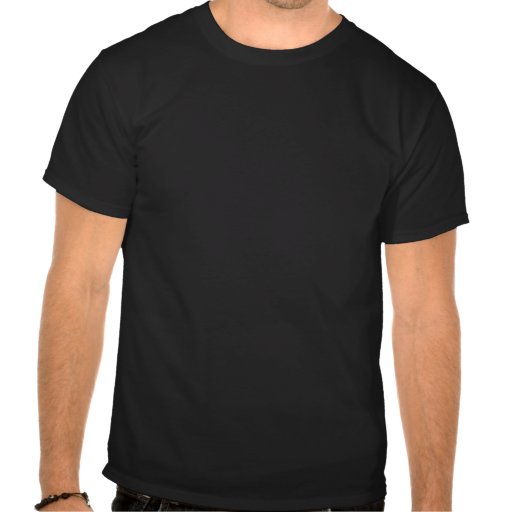Well, as we're all NAL, it's all conjecture, I guess, but again, all evidence suggests it simply doesn't work that way. Again, using Apple as a convenient example, there's no question that both Apple records and Apple Computers have printed T Shirts. And the fact that "apple" is a commonly used word has everything to do with it. Back to your Xerox example, the very core (apple, ha!) of the argument was that Xerox had become such a commonly used word that they could no longer claim exclusive use of it, and that was in regard to actually making copies! The fact that it was even litigated, and extensively so, makes the point better than I can. Even a proper name that has no other meaning was argued to have come into such common usage that even the trademark could be called into question.
I understand what you're saying, but "best practice" and the law are not the same thing. A lawyer will advise you to do everything to an extreme to avoid litigation cost to defend a mark. If you make it iron clad enough it won't have to go to court. That doesn't mean that you have to take those measures to have a legal right.
Gearhead is as good an example as any. Here is a T Shirt from the company in question.
Super. They can make that. No one can say they can't. If someone does say they can't, they can produce a trademark registration that says otherwise. (And even that registration could be proven to mean very little) Good for them. However, take a look at this:

And this:

And this:
And many, many others. No, they are not all in violation of a trademark. I can't register "blue" tomorrow and start winning violation suites against anyone who uses the word. I can register the word, sure. But I can't stop anyone else from using it. If I registered it as a new brand of motor oil, I probably could stop you from making motor oil called "Blue", especially if your logo was similar to mine. But that's about it.
I don't have a ton of experience with this, but I was involved in starting a website that did, indeed, use a common word. We tracked down the people who owned the URL, but weren't able to buy it. But we were absolutely able to trademark and use the word. We absolutely can not start suing anyone else who ever uses the word. If we wanted something we could defend as unique, we should have gone with a proper name, or a unique name instead of a common word.
The Gearhead Records clothing mark gives them the right to make clothing with that word. It protects them if Ian comes along and tries to sue them. It does not give them exclusive rights, in any category, to a word that has been in common usage for decades.






























